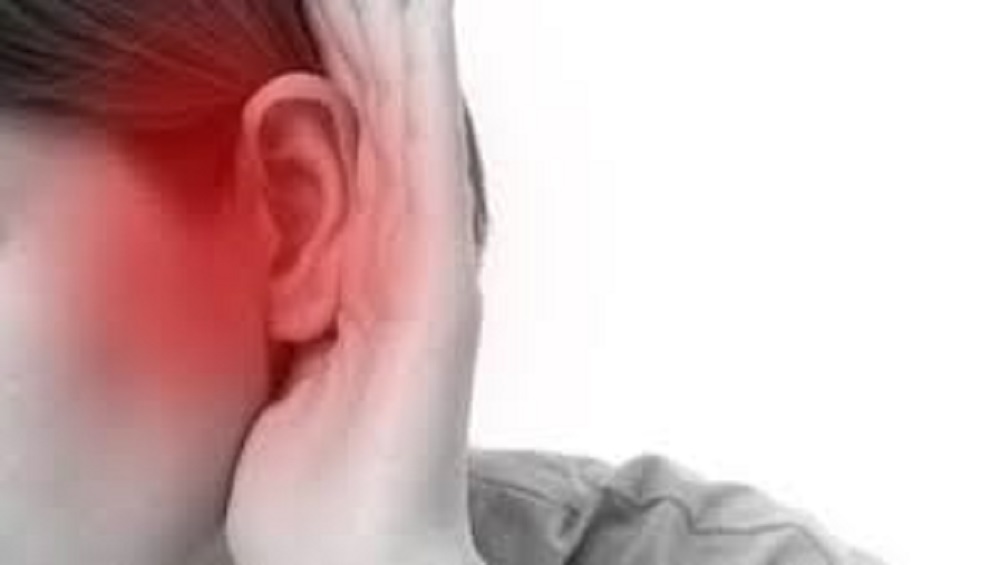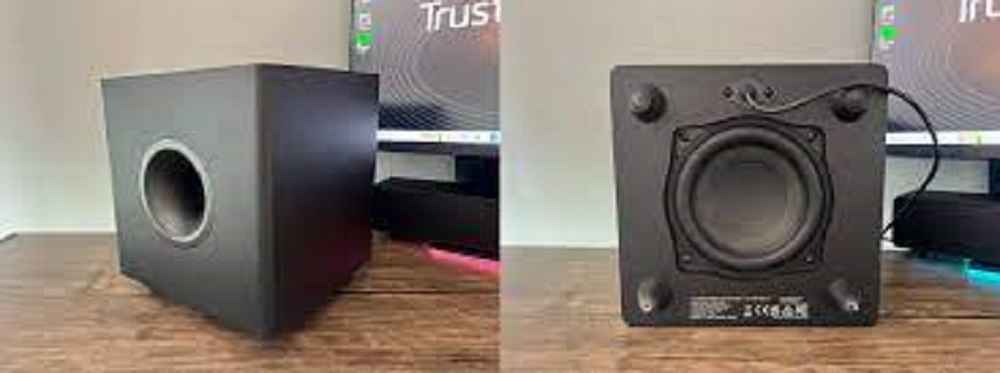Subwoofers are an essential component of a car audio system, providing deep, rich bass that adds depth and impact to music. While subwoofers can greatly enhance the listening experience, they can also damage your hearing if not used properly.
The Science of Sound and Hearing
Sound is a form of energy that travels through the air as a vibration and is perceived by our ears. The intensity of sound is measured on a decibel (dB) scale, which ranges from 0 dB (the threshold of hearing) to 140 dB (the threshold of pain).

According to the National Institute on Deafness and Other Communication Disorders (NIDCD), exposure to sounds at or above 85 dB for an extended period of time can cause permanent hearing damage.
Can Subwoofers Damage Your Ears?
Subwoofers produce low-frequency sound, which is particularly damaging to the inner ear because it can penetrate deep into the cochlea, the part of the ear responsible for converting sound into electrical signals that the brain can understand.
The lower the frequency, the more energy is required to produce the same level of sound pressure. This means that subwoofers, which are designed to produce very low frequencies, can produce sound levels that exceed the safe limit for hearing.
The risk of hearing damage from subwoofers is determined by two factors: volume and exposure time. The higher the volume, the greater the risk of hearing damage.
The longer the exposure time, the greater the risk. For example, exposure to 100 dB for two hours can cause permanent hearing damage, while exposure to 95 dB for eight hours can also cause permanent hearing damage.

How to Protect Your Ears
Setting appropriate volume levels is the first step in protecting your hearing when using subwoofers.
The American Speech-Language-Hearing Association recommends that the volume be set at 60% or less of the maximum volume, and that you listen for no longer than 60 minutes at a time.
If you feel discomfort or ringing in your ears after listening, it is a sign that the volume is too high.
Using ear protection is another effective way to protect your hearing when using subwoofers. There are many types of ear protection available, including earplugs, earmuffs, and custom-fitted earplugs.
Earplugs are particularly useful for reducing the volume of sound entering your ear, while earmuffs are designed to block out sound completely. Custom-fitted earplugs are made to fit your ears perfectly, providing the most effective protection against damaging sound.
Taking breaks during extended listening sessions is also important. Listening to music at high volumes for long periods of time can cause your ears to become fatigued, increasing the risk of hearing damage.
Taking a 10-minute break every hour or so can give your ears a chance to recover, reducing the risk of damage.

Conclusion
In conclusion, subwoofers can greatly enhance the listening experience, but they can also damage your hearing if not used properly.
To protect your hearing, it is important to set the volume at a safe level, use ear protection, and take breaks during extended listening sessions. By following these simple steps, you can enjoy the benefits of subwoofers without sacrificing your hearing.
How loud is too loud when it comes to subwoofers?
The American Speech-Language-Hearing Association recommends setting the volume at 60% or less of the maximum volume. If you feel discomfort or ringing in your ears after listening, it is a sign that the volume is too high.
The volume level that is safe for you will depend on many factors, including your age, overall health, and the duration of exposure.
Is it necessary to use ear protection when using subwoofers?
While it is not necessary, using ear protection is a good way to reduce the risk of hearing damage. Ear protection can reduce the volume of sound entering your ear, or block it out completely, depending on the type of ear protection you use.
What is the maximum time I can listen to music through subwoofers without causing damage?
The American Speech-Language-Hearing Association recommends listening to music for no longer than 60 minutes at a time. However, the maximum safe duration will depend on the volume level, as well as other factors such as age and overall health.
If you feel discomfort or ringing in your ears after listening, it is a sign that the volume or duration of exposure is too high.
Are there any symptoms that indicate that subwoofers have caused hearing damage?
Some common symptoms of hearing damage include ringing in the ears (tinnitus), muffled hearing, and difficulty hearing in noisy environments. If you experience any of these symptoms, you should seek medical attention.
Can subwoofers cause temporary or permanent hearing damage?
Both temporary and permanent hearing damage can result from exposure to loud sounds, including subwoofers.
The extent of damage will depend on the volume, duration of exposure, and other factors such as age and overall health.
To reduce the risk of hearing damage, it is important to use subwoofers responsibly, setting the volume at a safe level, using ear protection, and taking breaks during extended listening sessions.
